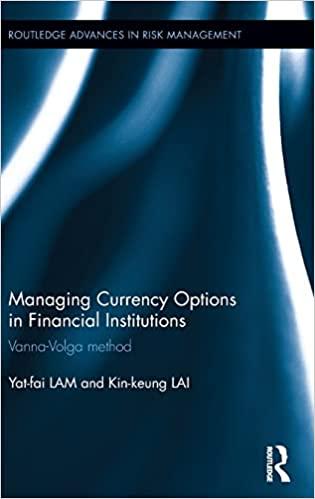there are three questions under case study : three scenarios involving compensation

TABLE 5-3. Questions to Avoid During the Interview Process What is your date of birth? When did you graduate from high school? Are you married? How many days did you miss from work last year? Are you currently taking any prescription medication? Do you currently have or have you any history of a disability? What is your country of national origin? Are you a U.S. citizen? Have you ever been arrested? Have you ever filed a claim for workers' compensation? dation for a job applicant as well as employees. For example, some companies have a rule that all applications for employment are to be completed in the human resources department. An employer may have to grant an exception to that rule as a reasonable accommodation for a candidate with a visual impair- ment who arrives in the human resource office and asks to take the application home to use a reading device to complete the application. Learners are encour- aged to read Chapters 6 and 7 for more information on conducting job analyses and interviews, as well as related issues of evaluating an employee's performance of assigned duties and responsibilities. COMPENSATION The Fair Labor Standards Act of 1938 (FLSA) is the federal law that defines the minimum wage, overtime, and other requirements related to how certain em- ployees are to be paid. The term tonexempt refers to employees who are to be paid for every hour in which the employee performs work for, or is under the control of the employer. With few exceptions, the FLSA also requires that nonex- empt employees receive wages at the rate of 1.5 times the employee's regular rate of pay for any hours worked beyond 40 hours in 1 work week. Note that there are limited exceptions for companies in some industries, such as health care, that have established an 80-hour work week. These situations should be evaluated on a case-by-case basis. This law can be quite complex and its interpretation convo- luted, but if a supervisor follows a few basic rules, complications should be easily avoided. Some employees are exempt from the provisions of the FLSA and are, thus, termed, "exempt" employees. Generally, these employees are classified as execu- tive, administrative, or professional. A number of parameters must be used in de termining whether any particular job should be classified as exempt or nonexempt. Because these exemptions are narrowly defined, employers should carefully check the exact terms and conditions for classification and work in con- junction with the company's human resources department and compensation ex- perts to ensure proper classification. Improperly classifying a nonexempt em- ployee as exempt, as well as any other violation of the FLSA, can have serious financial consequences as a result of fines or penalties imposed by the Depart- ment of Labor. These fines may be imposed against an individual supervisor as well as the company, in amounts up to $10,000, in addition to civil money penal- ties plus damages for back pay, liquidated damages, and more. Many companies have rules that overtime must be approved in advance of being worked. What if the employee is very dedicated to the job and chooses to come in early, performs work, and tells the supervisor that the company need not pay the employee for this extra time because the employee understands that per- mission was not granted in advance? Does the employer have to pay the em- ployee for the extra time worked? What if an employee continues to work through his or her lunch period to catch up on some work? Does the employer have to pay the employee for what would otherwise be an unpaid lunch period? The answer is yes in both cases. Even if the work is performed without the per- mission or knowledge of the employer, the employee is still due appropriate compensation. The employer may, however, limit the compensation that is due by granting the nonexempt employee some time off later in the same work week to avoid incurring hours worked in excess of 40 in that work week. Employers may also fail to properly pay nonexempt employees when an em- ployee is on the employer's premises during his or her scheduled shift but not performing work. Case Study: Three Scenarios Involving Compensation An employee in Laboratory A is scheduled to work from 8:00 AM to 4:30 PM, with one break for lunch from 12:00 to 1:00 pm. The employee accurately records her arrival at tvork at 8:00 AM. The employee then talks to the company's cafe, gets breakfast, and re- turns 15 minutes later and begins working. Is the employer obligated to pay the employee for the period covered from 8:00 AM to 8:15 AM? An employee arrives to work at 8:00 AM and is scheduled to conduct blood specimen testing. The equipment, however, is not working and cannot be repaired until at least 9:30 Am. In the interim, the supervisor instructs the employee to stay in the department until the repair specialist arrives. While woniting, the employee does some studying for a course he is taking at the local community college. Is the employer obligated to pay the employee for the time the employee studies? An employee drives into the employer's parking lot at 7:58 AM. He is scheduled to work from 8:00 AM to 4:30 PM. To avoid recording a late time of arrival for work, the em- ployee parks his car outside the door, walks into his department, and records an 8:00 AM arrival time and then leaves to park his car, returning to the department at 8:10 AM. Is the employer obligated to pay for the period from 8:00 AM to 8:10 AM









